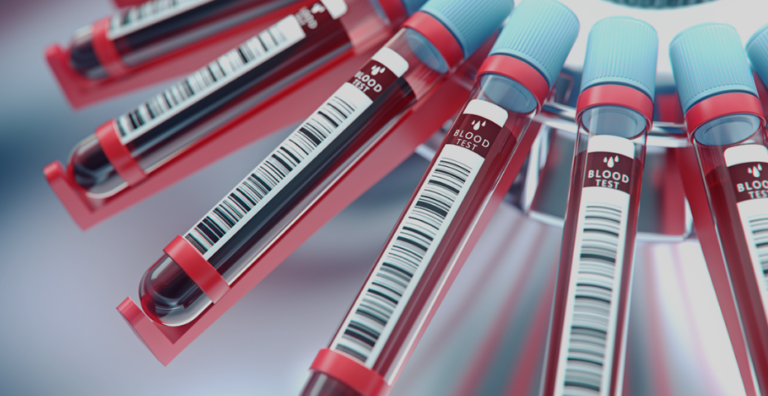Results could have implications for immunity
Virtually everyone in a study in the United Kingdom who had COVID-19 still had antibodies to it in their systems three months after recovering, and almost nine in 10 had them after six months.
The research by UK Biobank included more than 20,000 people across the UK and was reported on the organization’s website.
“Although we cannot be certain how this relates to immunity, the results suggest that people may be protected against subsequent infection for at least six months following natural infection and, potentially, vaccination,” said Naomi Allen, UK Biobank Chief Scientist.
Six-month study
The study ran from May-December. A total of 20,200 participants provided monthly blood samples and data on their symptoms, along with reports on their adult children and grandchildren.
The most notable result was that 99% of participants who had COVID-19 still had antibodies in their systems after three months, and 88% had them after six months.
Younger people showed more antibodies
The study also found that while there was no difference in antibody levels by gender, the proportion of participants with detectable antibodies was higher in people under 30 and lowest in those over 70.
Variations in symptoms
The most common symptom was a loss of sense of taste and smell, reported by 43% of COVID-positive participants.
Twenty-four percent of COVID-positive participants were completely asymptomatic and 40% did not have one of the three major COVID-19 symptoms: fever, persistent dry cough or loss of sense of taste or smell.
The full report on the study is available on the BioBank UK website.
Recovered from COVID-19?
If you’ve recovered from COVID-19, you can help current South Texas patients fight by donating convalescent plasma. See if you qualify to donate plasma at SouthTexasBlood.org/COVID19.
If you can’t donate plasma, you can help by donating blood to help fight the blood shortage caused by the pandemic.




